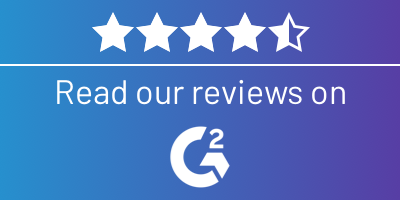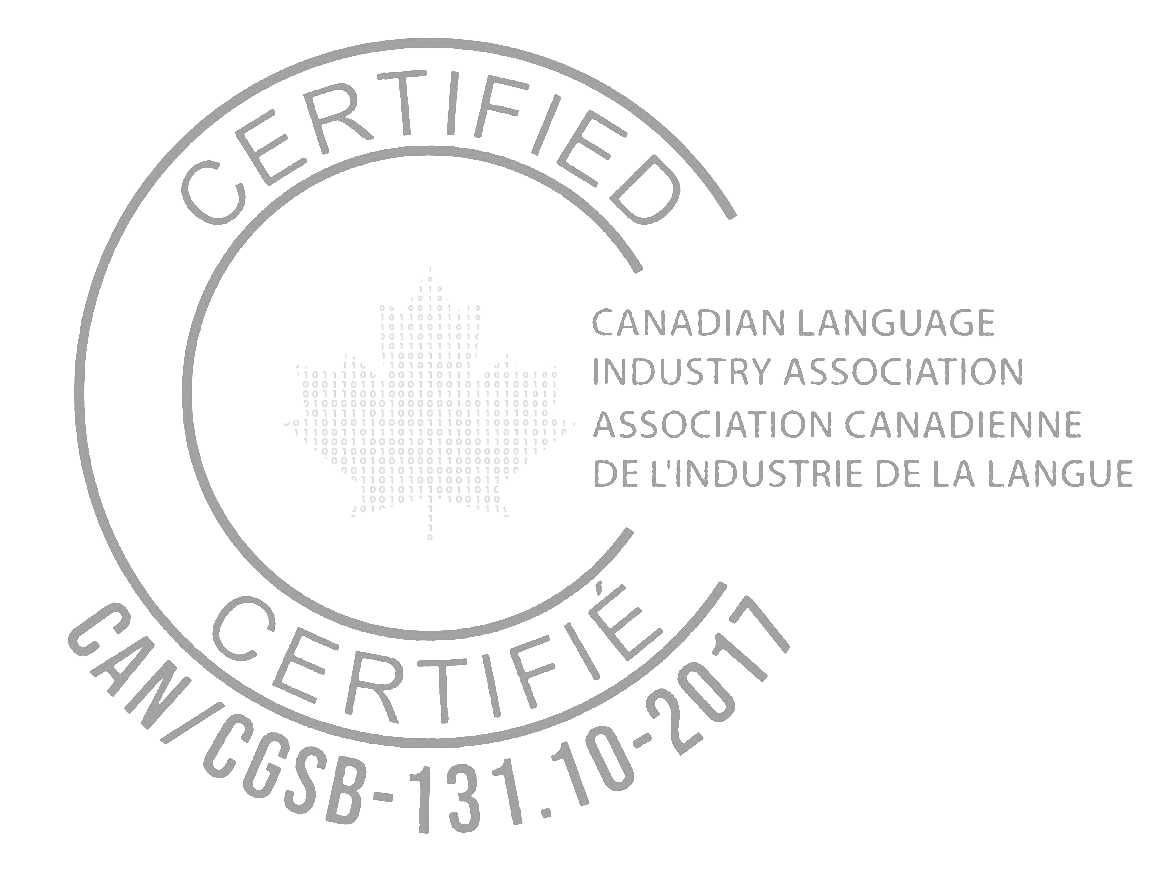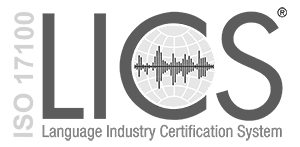In a world where businesses, organizations, and individuals are constantly communicating across language barriers, translation has become an indispensable tool. It is the bridge that allows us to share legal information, products, and services with a global audience. With this ever-increasing demand for translation comes the question of how best to achieve it: through the advancements of A.I. or the seasoned skills of professional translators?
We delve into this question, exploring the strengths and limitations of A.I., as well as the expertise and cultural acumen of professional translators, to uncover when to rely on what, and how, in many cases, the combination of both can lead to unparalleled results.
Understanding A.I. Translation

Alexa Translations A.I. is an innovative platform that is specifically trained for the legal, financial, and securities sectors. It provides complex, industry-specific translations with unrivalled quality and speed. An on-demand tool, it is capable of identifying multiple options for specific words or phrases, saving valuable time on the Editor and Text Translator features. It also supports a wide range of popular languages, and has been trained in legal, financial, and government information to provide accurate translations tailored to your specific requirements.
Simply, Alexa Translations A.I. is purpose-built to save you time and money by empowering your team to leverage our robust project management suite and built-in CAT editor, delivering better results that are consistent with your preferences.
Understanding Professional Translation

At Alexa Translations, we have spent years recruiting, training, and developing our talented professional services team, ensuring it includes not only expert linguists, but also subject matter experts. We aim to be your partner, not only a translation vendor, putting our more than two decades of experience to work in each and every project. Our professional translators are also able to adapt to the changing demands of translations, whether it is shifting scope, scale or timelines. Just as a lawyer does not practice in every area of law, we believe a professional translator should not translate every type of document. That is why Alexa Translations uses highly-qualified translators who have built their careers on becoming authorities in our sectors of expertise.
Use Cases: When to Use A.I.
While A.I. translation is an important tool, it is important to recognize the specific scenarios in which it excels and can significantly enhance the translation process. Some of these key use cases include:
- Bulk Translations
When faced with a high volume of text that needs to be translated quickly and efficiently, A.I. translation is a valuable asset because of its ability to process large amounts of content in a fraction of the time it would take a professional translator.
- Drafting and Pre-Editing
A.I. translation can be utilized in the initial stages of a project to generate high quality first drafts. This draft can then be fine-tuned and polished by professional translators, resulting in more accurate and nuanced translations. This approach is particularly useful for content drafting and content pre-editing.
- Expedited Translation Projects
Some projects require quick turn-around times that professional translators cannot achieve, but A.I. translations can fill the gap. Alexa Translations A.I. can translate over 30,000 words per minute with accuracy unmatched by other platforms.
Use Cases: When to Use Professional Translators
Professional translators bring a unique set of skills and expertise to translation projects, ensuring accurate, contextually appropriate, and context-specific translations. Some of these key scenarios include:
- Critical and Sensitive Content
For content translations that have longer lead times and require a high degree of accuracy, nuance, and cultural understanding, professional translators are essential. This is particularly true for content that is sensitive or critical in nature, including legal documentation, financial reports, and other documents where precision and legal terminology are paramount. Often, what you gain in accuracy is sacrificed in speed.
Use Cases for a Hybrid Approach
A hybrid approach, which integrates the efficiency of A.I. with the expertise of professional human translators, is a dynamic solution for a great number of industry translation needs. This approach allows for improved speed, cost-effectiveness, and consistent quality. These are some of the key use cases where leveraging a hybrid approach proves highly effective:
- Legal and Compliance Documentation
- Financial Reporting Documentation
- Regulatory Materials
- Risk Management and Investment Documents
- Securities Documents
- Initial Public Offering (IPO)
- And many more…
Conclusion:
Whether you’re a law firm handling business expansions on a global scale, a fund company selling products into new markets, or a financial team expected to deliver financial reporting documents in multiple languages, investing in a multilingual communication strategy is both a necessity - and completely possible.
Get in touch with us today and find out which sort of solution we’d recommend to ensure best-in-class translations, each and every time. You can also request a FREE 30-day demo of our A.I. solution here.














